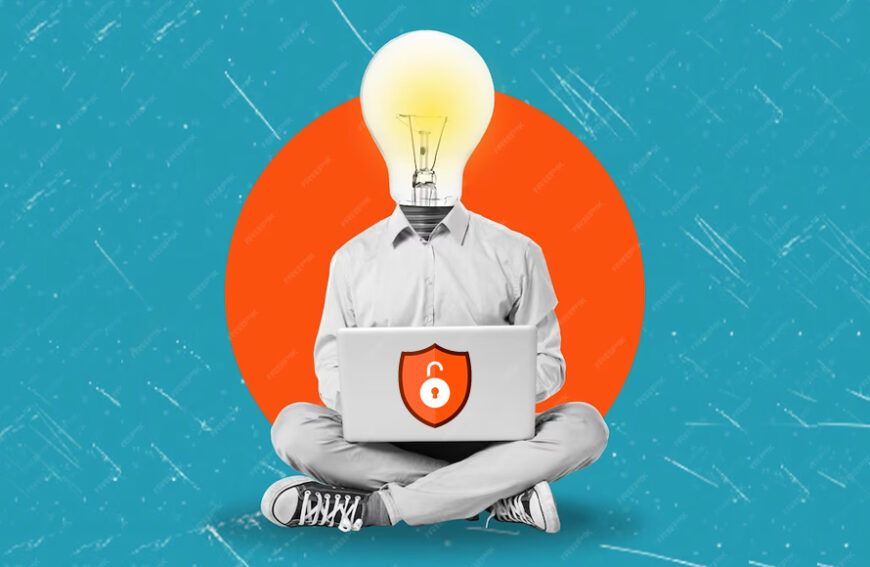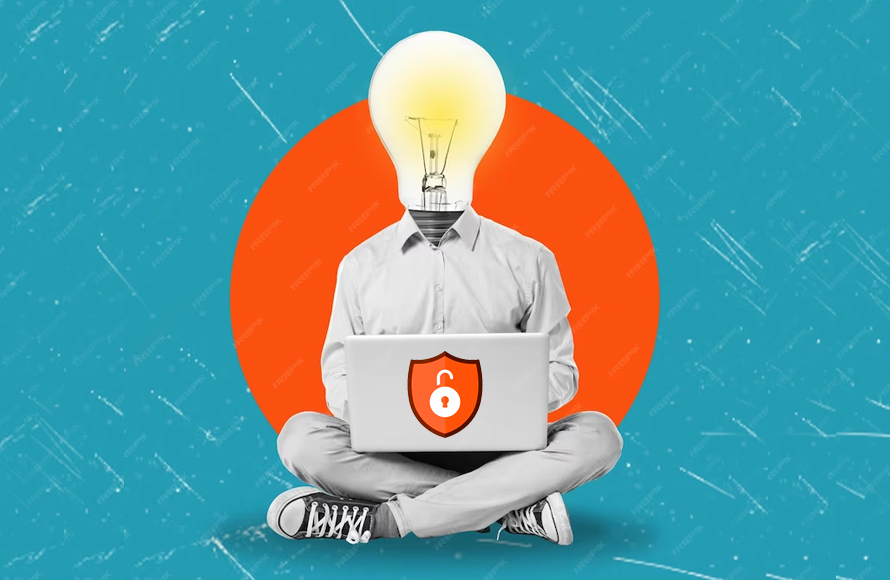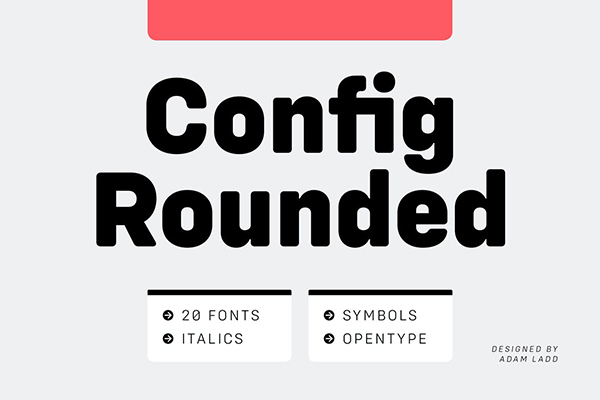If you are an artist or designer, your work is how you make a living. It’s the product of your creativity, talent, and hard work. Naturally, you would want to protect it from being stolen, pirated, and accessed illegally by others. Fortunately, there are tools that can help you safeguard your designs, and one of the most effective ones is a VPN (Virtual Private Network). In this article, we’ll explore how VPNs work and how they can help you protect your intellectual property.
Table Of Content
What is a VPN?
With the help of a VPN, you can establish a private, secure connection between your device and the internet. When you connect to a VPN server, your internet traffic is protected from prying eyes because it travels through an encrypted tunnel. This means that your internet service provider (ISP), government agencies, hackers, and other third parties cannot see your online activity, including the websites you visit, the files you download, and the messages you send.
VPNs are widely used for privacy and security. They can assist you in safeguarding your personal information, preventing identity theft, and avoiding online tracking. However, they have another important feature: protecting your intellectual property.
How do VPNs protect your designs?
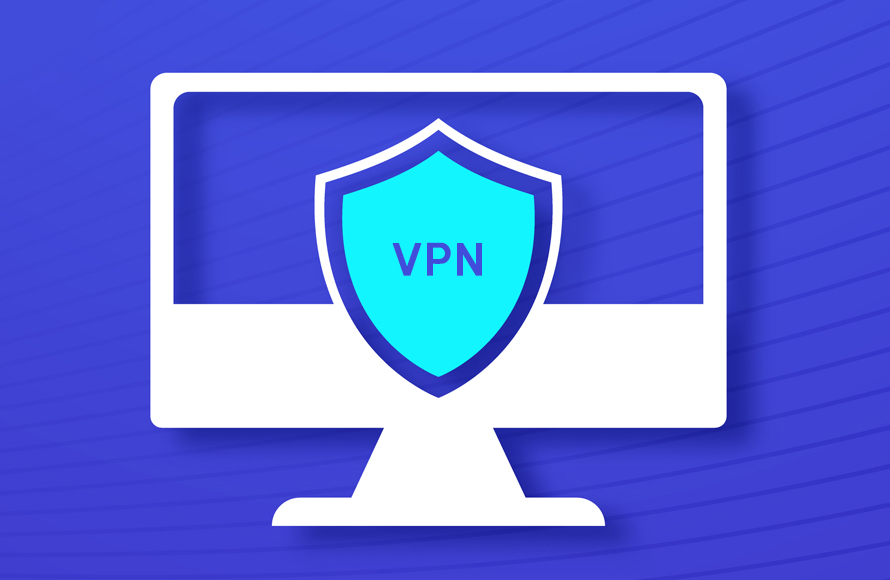
There are several ways in which VPNs can help you safeguard your creative work:
IP mask. One of the primary advantages of using a VPN is that it hides your IP address. Your IP address is a unique identifier that provides information about your location, device type, and other aspects of your internet connection. A VPN makes it more difficult for others to track your online activity and identify you as the source of specific content by masking your IP address. This is especially important if you plan to share your designs online or work on creative projects with others.
Encryption. VPNs can additionally safeguard your designs by encrypting your internet traffic. Your data is scrambled using encryption so that the intended recipient (in this case, the VPN server) can only decode it. This keeps your data from being intercepted and your intellectual property from being stolen. Additionally, encryption makes sure that unauthorized parties can intercept none of your communications and that they remain private.
Geo-blocking. Some VPNs offer the ability to bypass geo-restrictions, which are measures that restrict access to certain websites or content based on the user’s location. This is particularly useful if you need to access design resources or tools only available in certain regions. You can connect to a server in a different location using a VPN and access the content as if you were physically there.
Malware protection. Finally, some VPNs have built-in malware protection to help you avoid malicious websites and files. Malware can severely threaten your creative work by infecting your device with viruses, ransomware, or spyware. Using a VPN that blocks malware can reduce the risk of being a victim of cyberattacks and keep your designs safe from harm.
Tips for using VPNs to protect your designs
Now that you know how VPNs can help you safeguard your intellectual property, here are some tips to help you use them effectively:
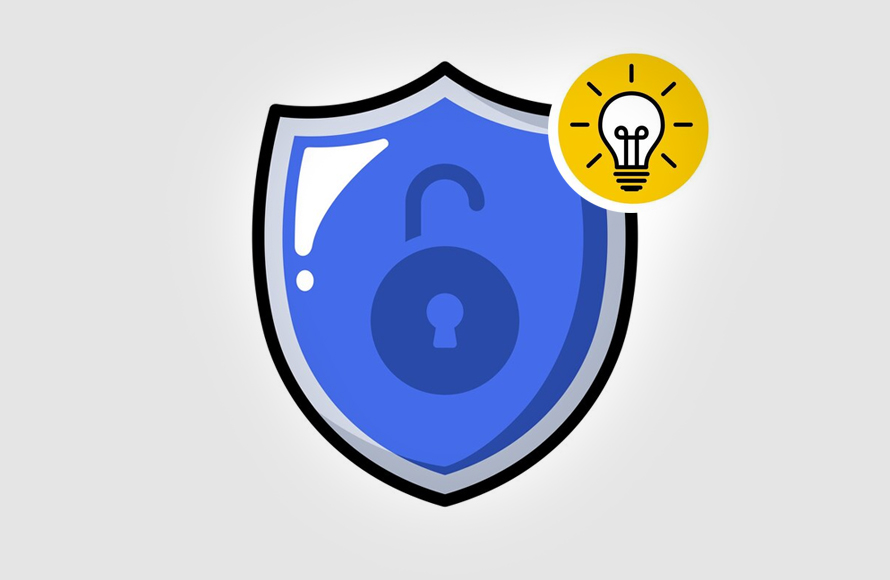
Choose a reliable VPN provider
Not all VPNs are created equal. Some may log your data, leak your IP address, or offer poor encryption. To ensure a secure and reliable VPN, look for providers with a good reputation, strong encryption, and a no-logging policy.
Use a dedicated IP address
Some VPNs offer the option to use a dedicated IP address, meaning you get a unique IP address only you can use. This can be useful if you need to access certain websites or services that only allow access from a specific IP address. It also reduces the risk of your IP address being blacklisted or flagged for suspicious activity.
Keep your VPN software up-to-date
Like any other software, VPNs can have vulnerabilities that hackers can exploit. To prevent this, ensure your VPN software is always up-to-date with the latest security patches and updates.
Use strong passwords
Your VPN account is only as secure as your password. Make sure you choose a solid and unique password that’s difficult to guess. Avoid using common words, phrases, or personal information that can be easily guessed or found.
Don’t share your account information
Never share your VPN account information with others, even if they’re your colleagues or friends. This can compromise your security and put your intellectual property at risk.
Conclusion
In today’s digital age, protecting intellectual property is more important than ever. As a designer or artist, your creative work is your most valuable asset, and you must take measures to safeguard it from theft, piracy, and unauthorized access. With a VPN, you can protect your designs from prying eyes, secure your communications, and access the resources you need to create great work. However, remember that a VPN is just one tool in your arsenal and is not a silver bullet. You still need to take other security measures, such as using strong passwords, keeping your software up-to-date, and avoiding suspicious websites and files. With these tips and a reliable VPN, you can enjoy peace of mind knowing that your intellectual property is safe and secure.

